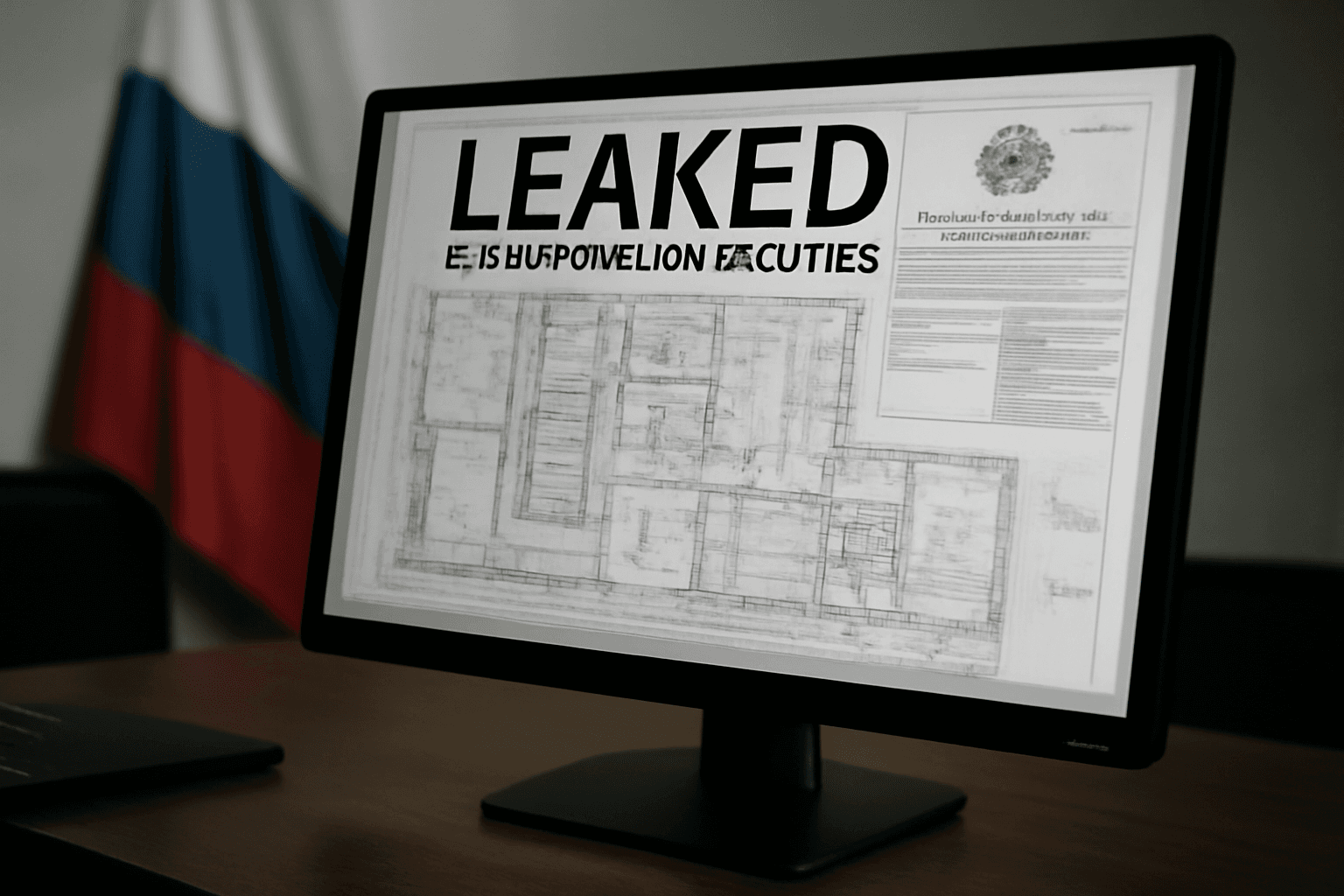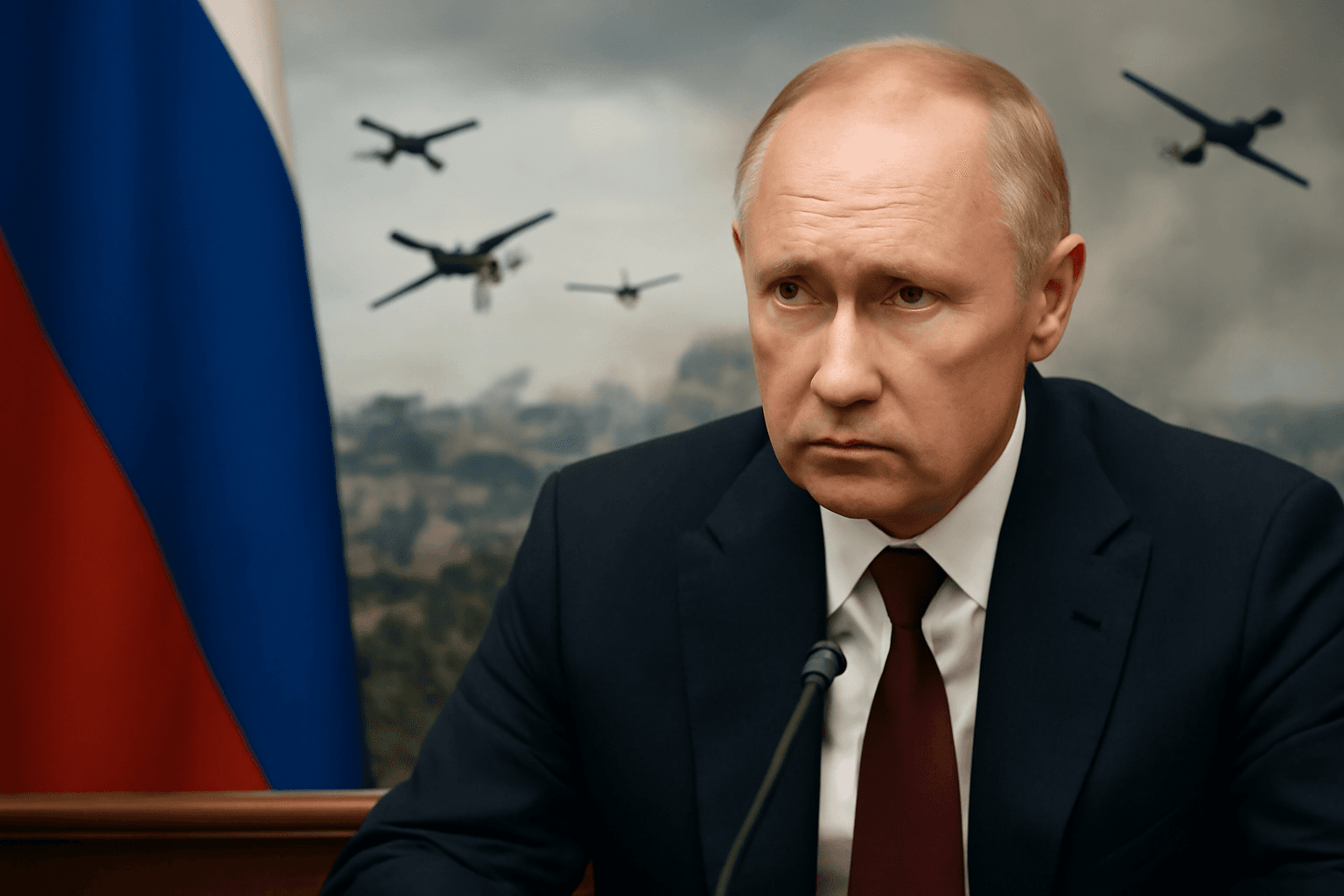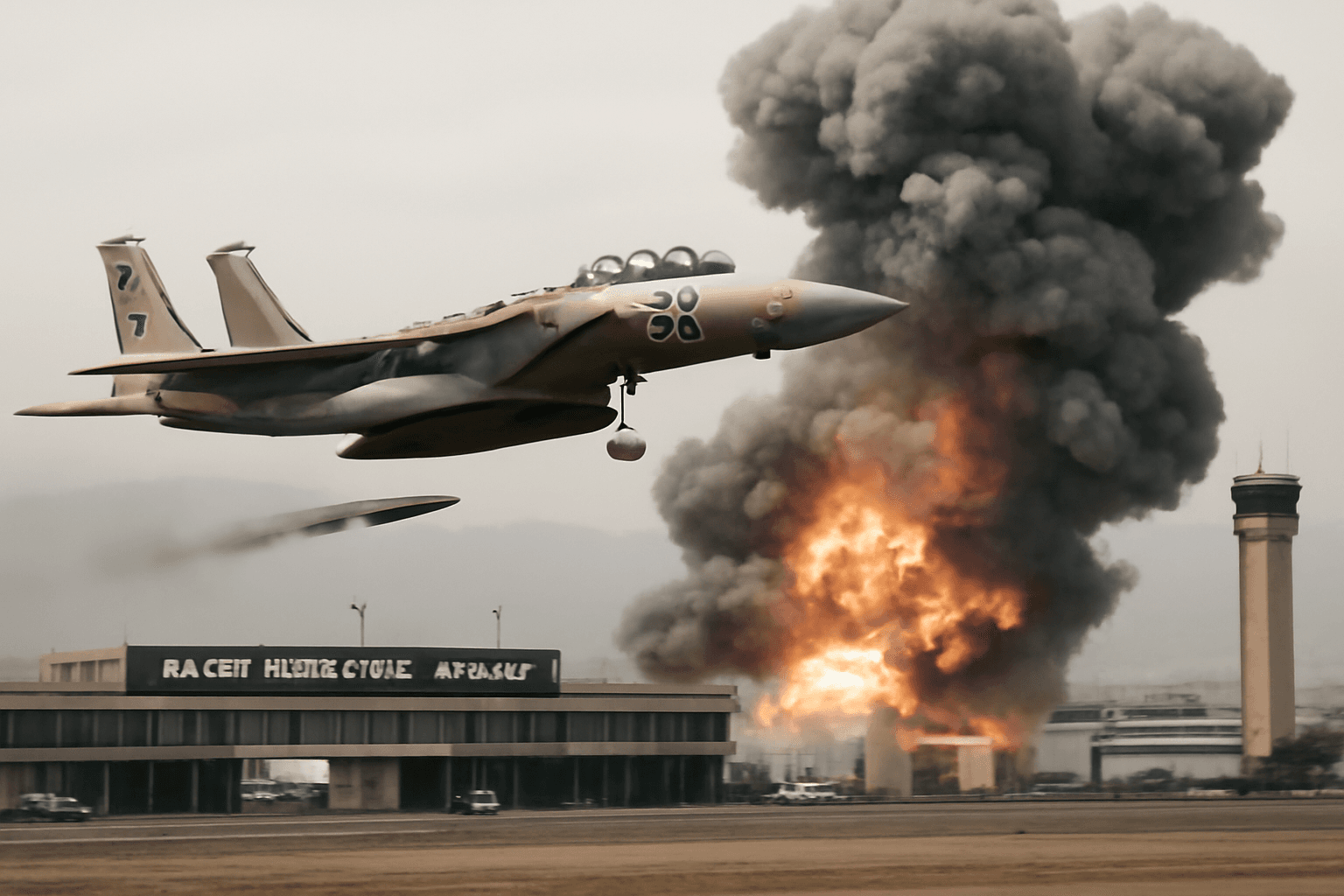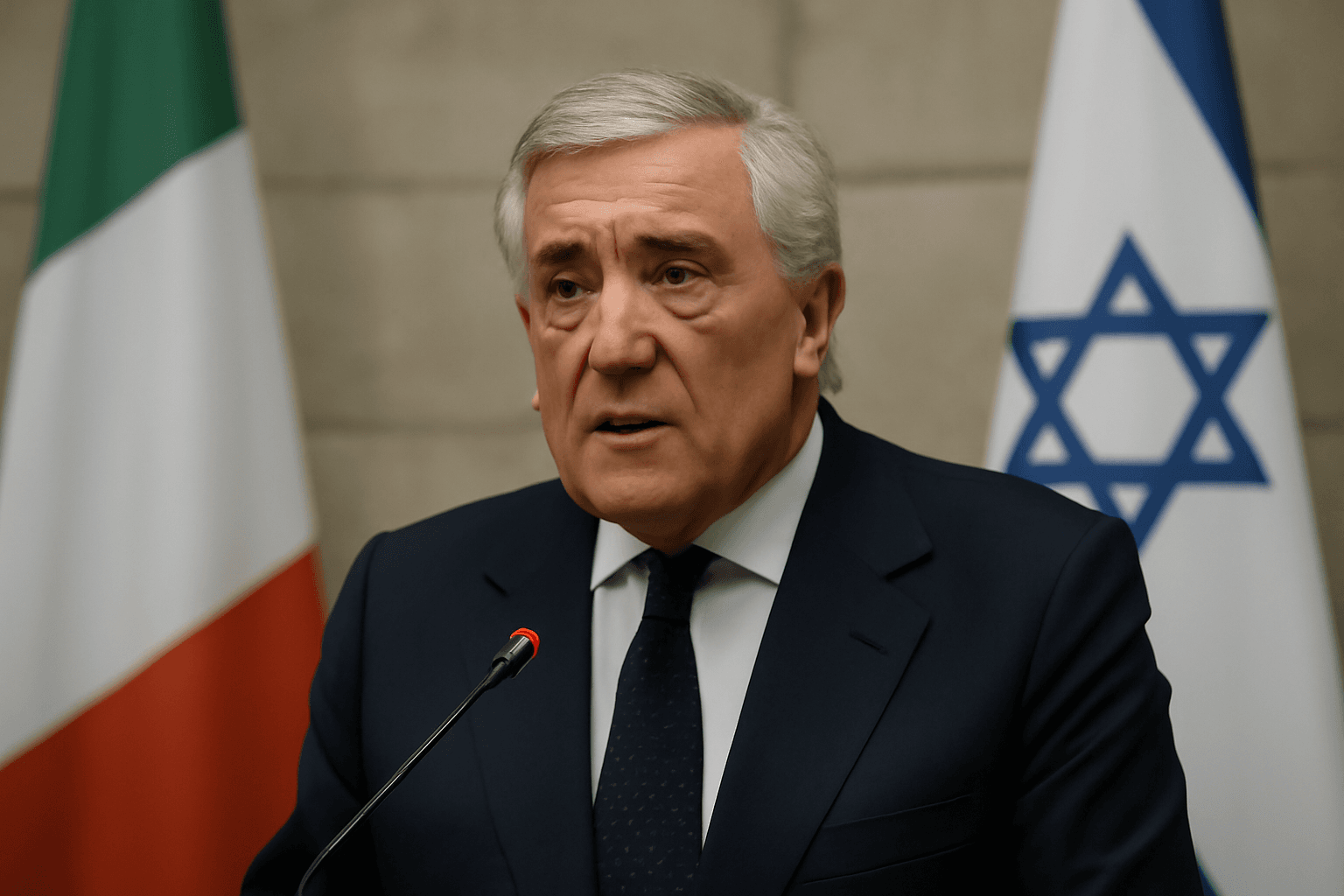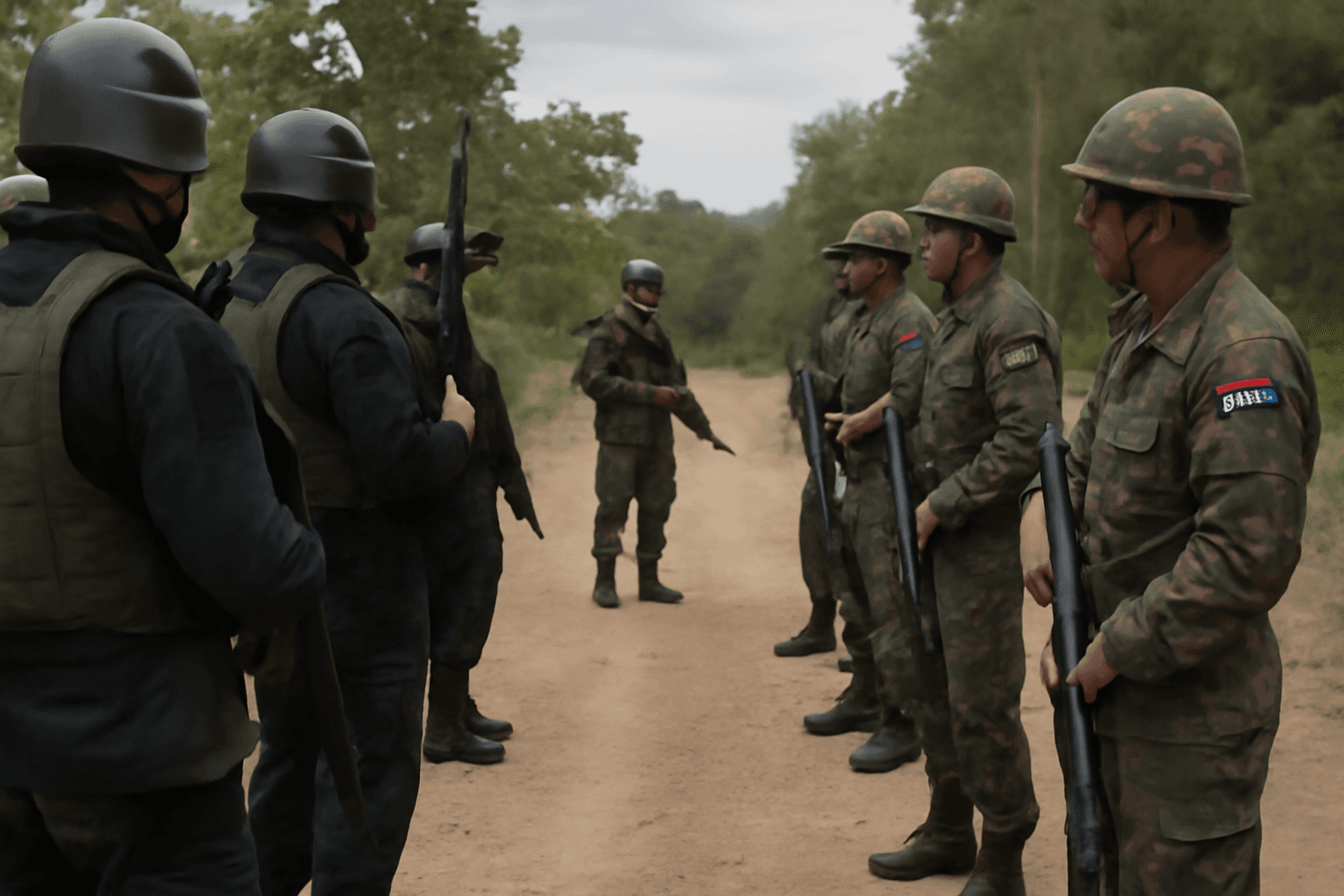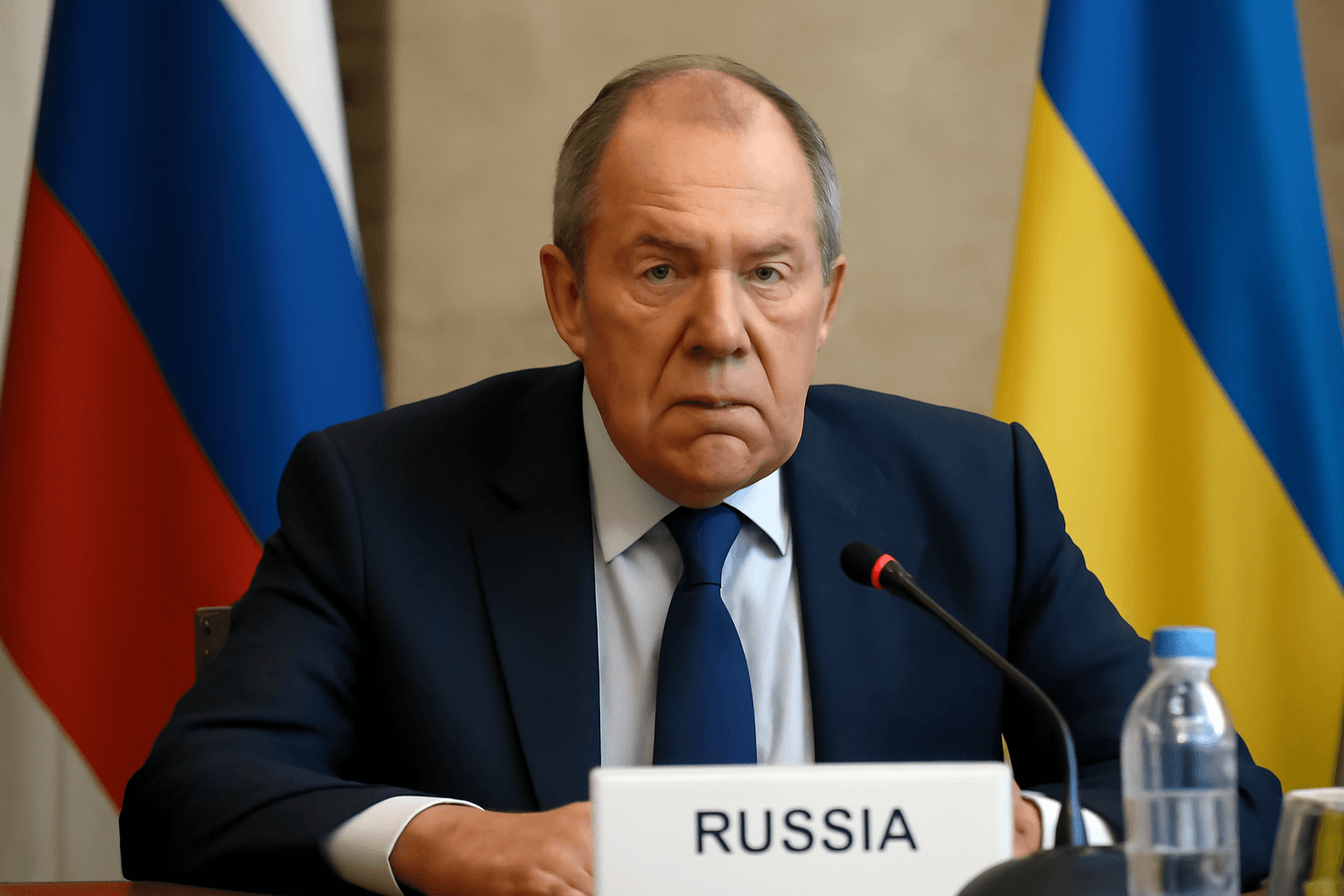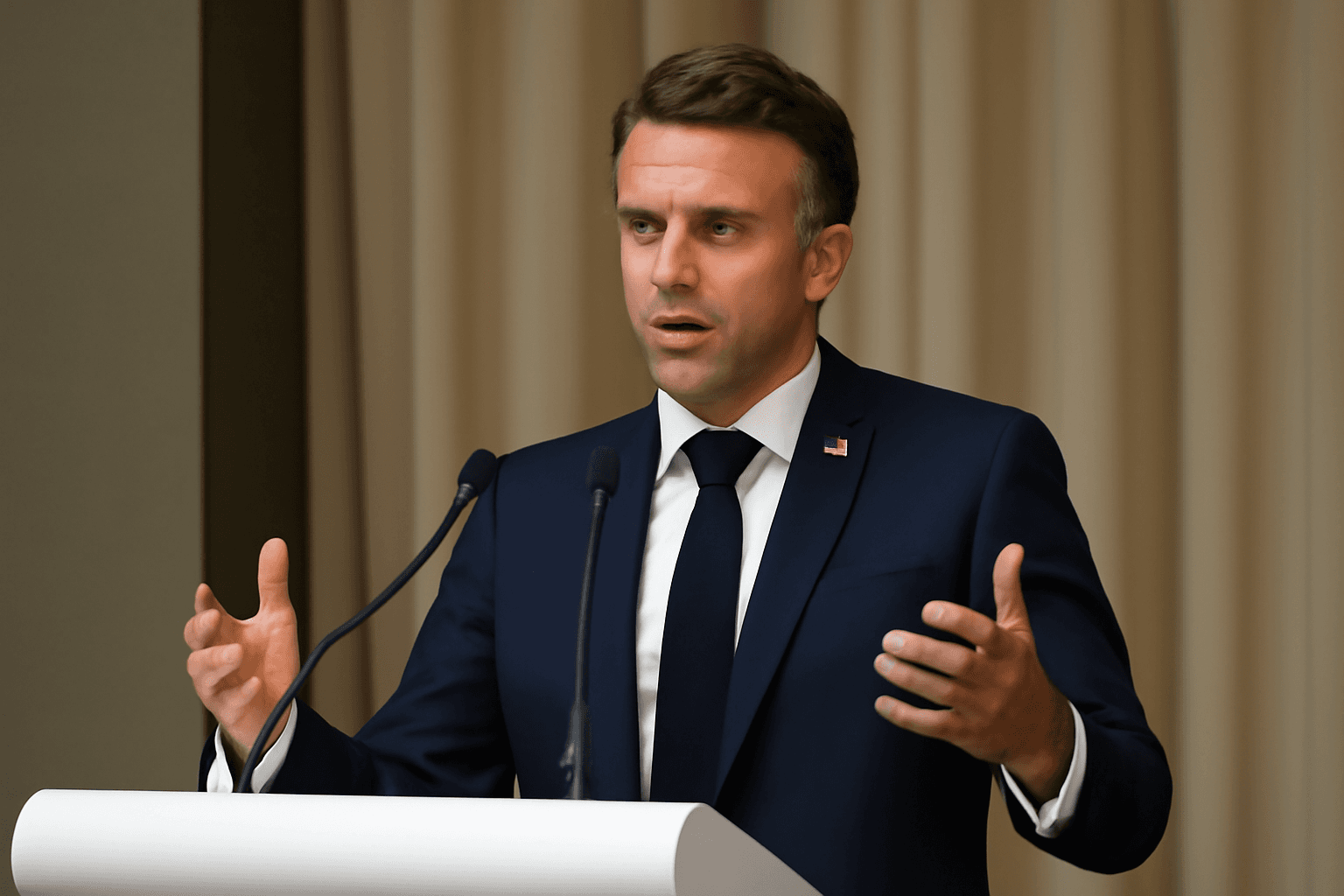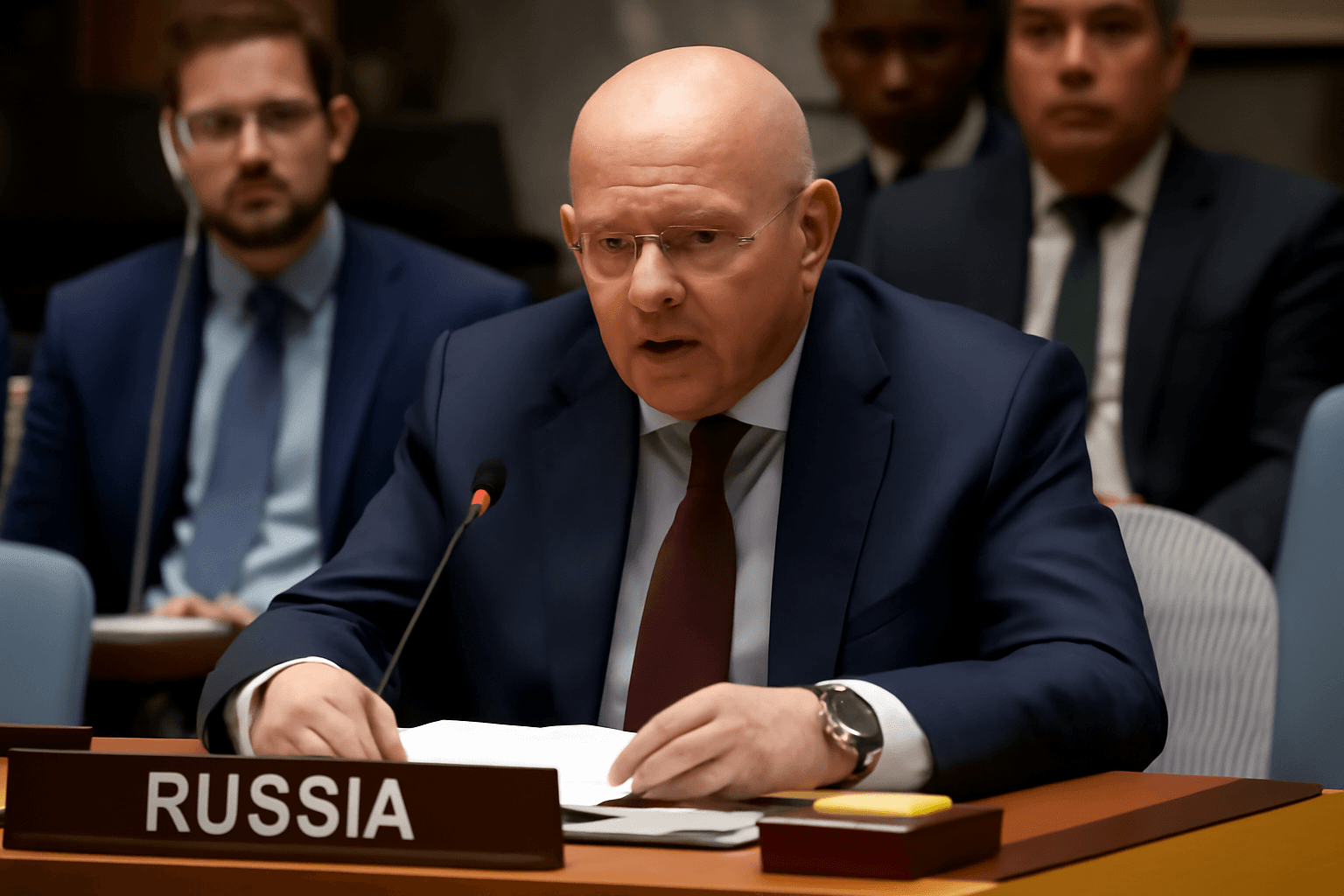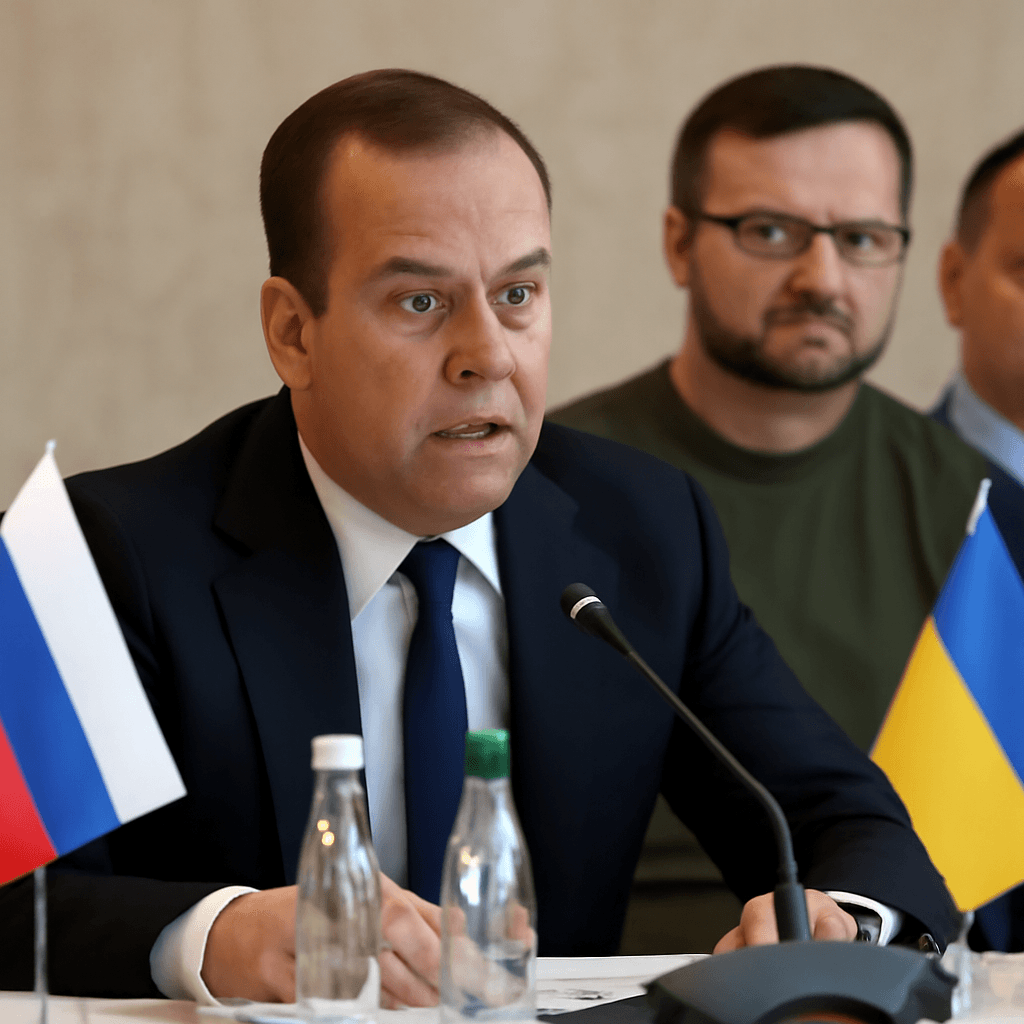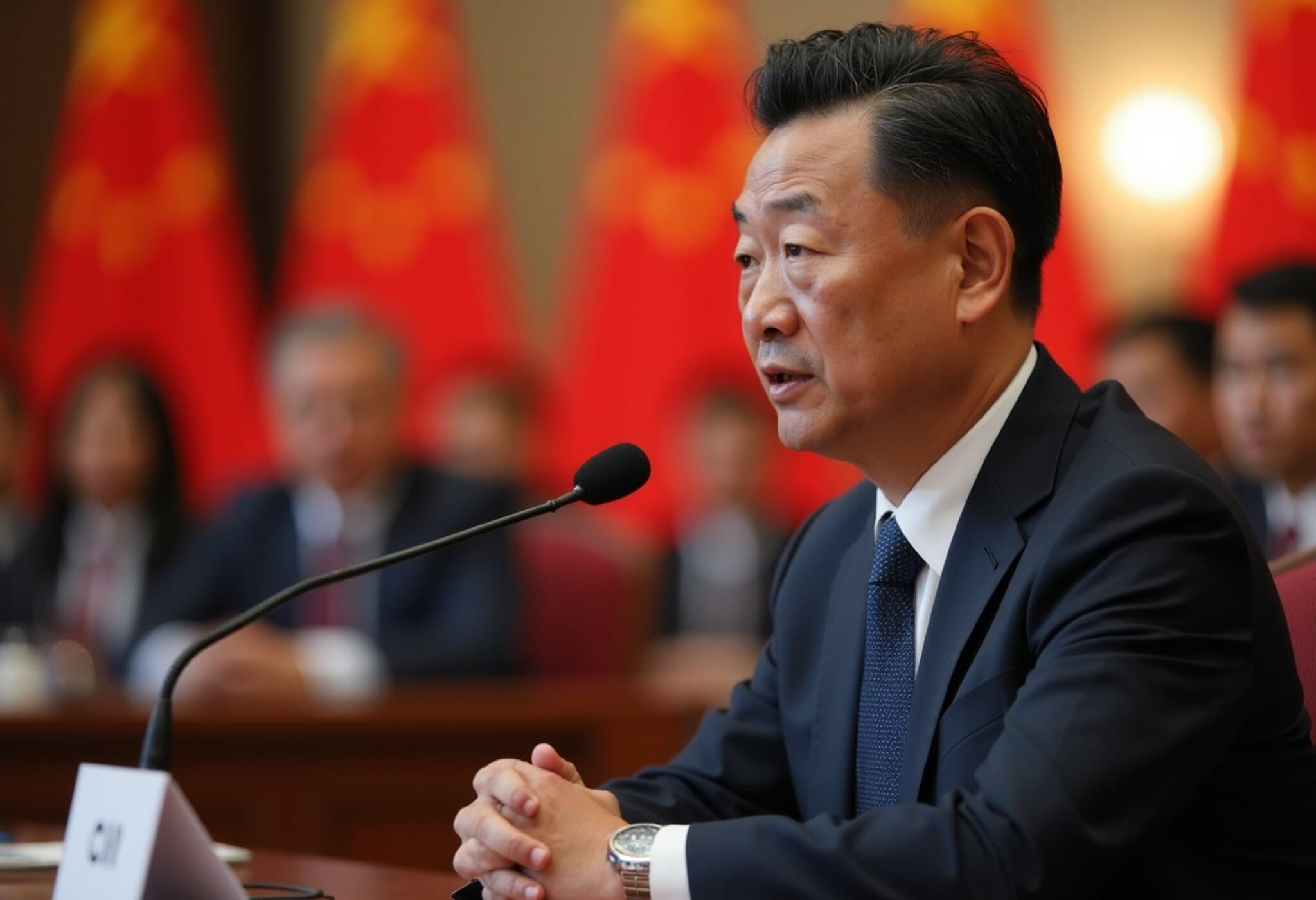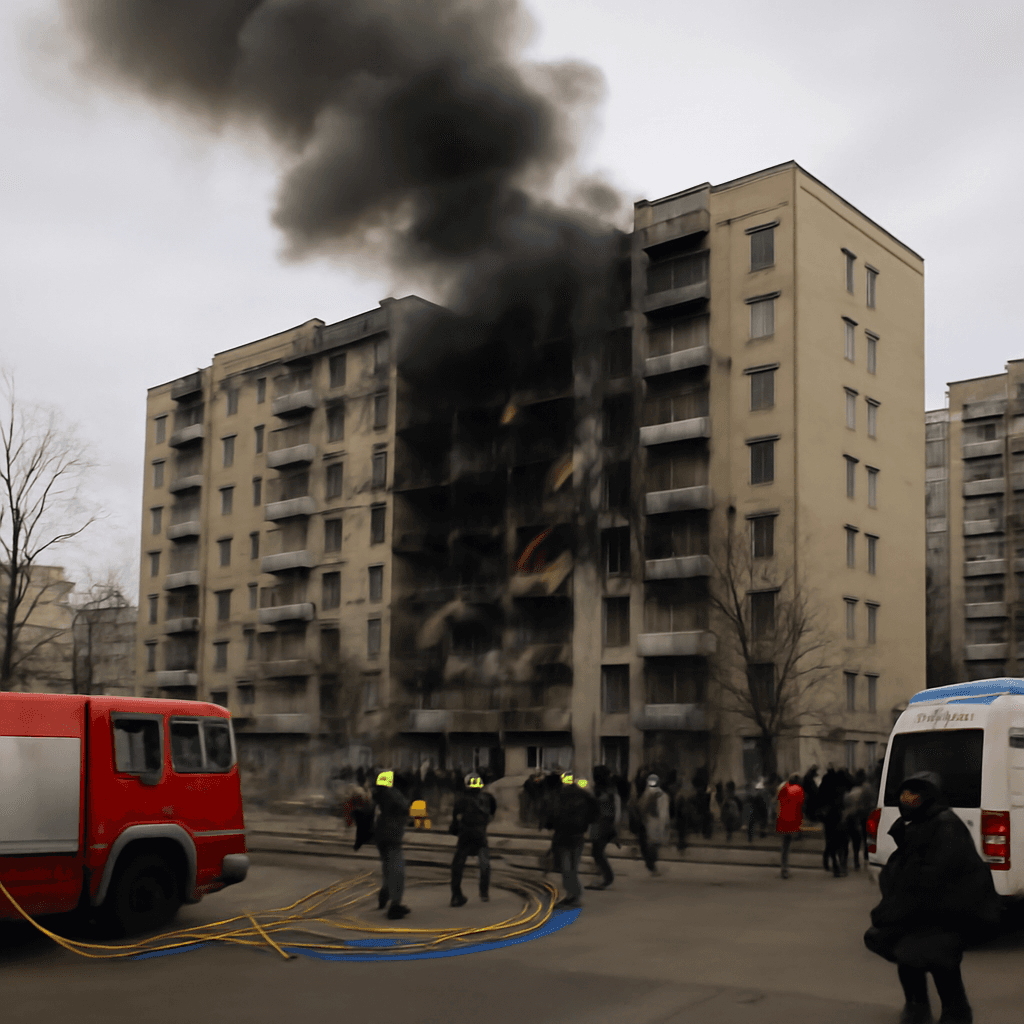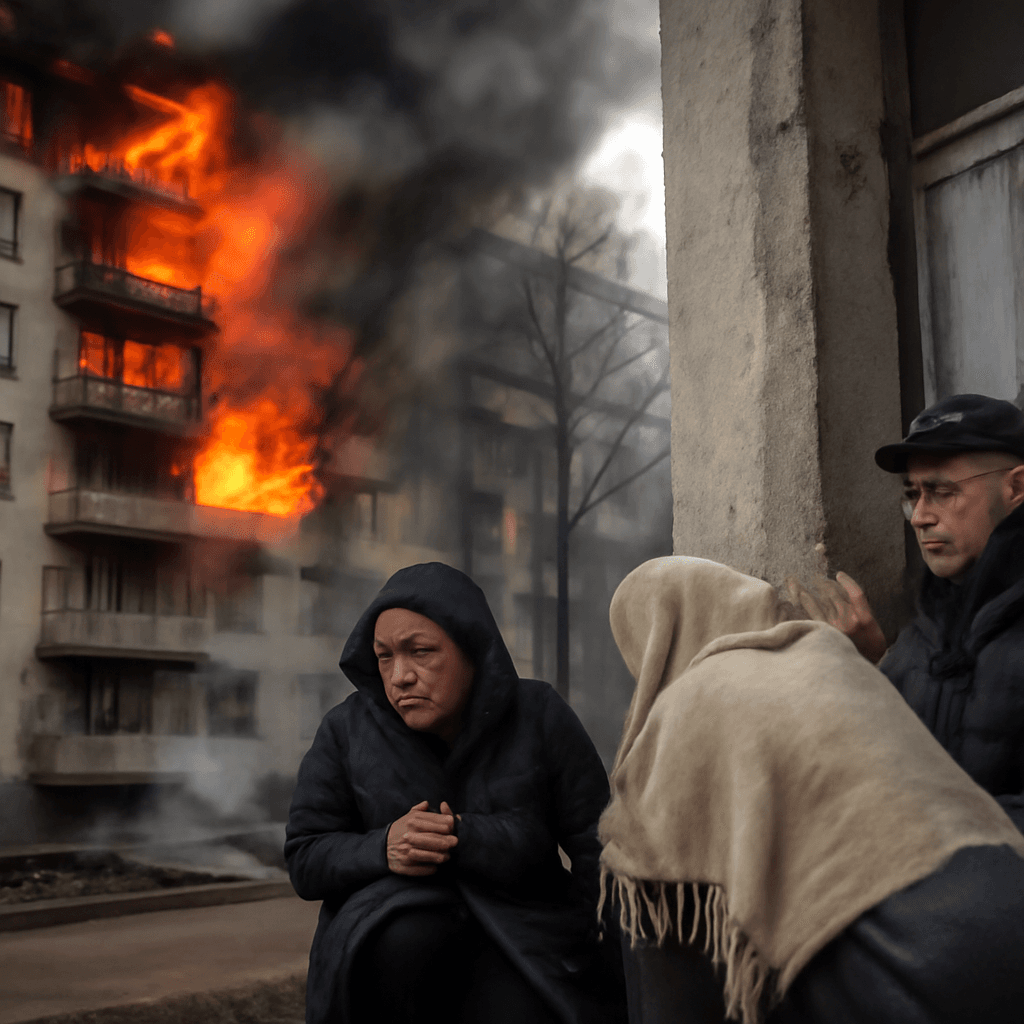In a groundbreaking disclosure, approximately 2 million documents exposing Russia's nuclear weapons infrastructure have been leaked online, detailing everything from missile base blueprints to IT systems, security protocols, and power grids. This extensive trove offers an unprecedented look inside some of the world's most secretive military sites.
Located in the remote town of Yasny in Russia's Ural Mountains, the nuclear complex housing ground-based, long-range missiles was long considered one of the most secure military facilities globally. Until now, however, public understanding of these complexes relied primarily on satellite imagery. The recent leak, obtained by Danish outlet Danwatch and German magazine Der Spiegel, reveals intricate architectural designs, security measures, and operational systems used within these sites.
Hans M Kristensen, Director of the Nuclear Information Project at the Federation of American Scientists (FAS), affirmed the significance of these documents, stating that it is the first time such detailed layouts of Russian nuclear facilities have become publicly available since the Cold War era. "Previously, we could only study these sites from above via satellites, but these documents allow us to explore underground and interior structures comprehensively," he explained.
The leaked records specify materials used in construction—such as the type of steel, insulation thickness, and quality of security hardware—and outline multi-layered security arrangements, including triple electric fences, seismic and radiological sensors, explosion-resistant doors and windows, and robust alarm systems. Furthermore, the documents disclose internal layouts indicating locations for soldier quarters, weapon storage, protective gear rooms, and control centers.
With the ongoing conflict in Ukraine entering its fourth year, the leak arrives amid heightened nuclear rhetoric from Russian leadership, including President Vladimir Putin and former President Dmitry Medvedev. The disclosed materials could have profound implications for international security, providing detailed intelligence that could potentially be exploited in times of conflict.
Philip Ingram, a retired British Army intelligence officer, characterized the leak as "the ultimate intelligence," emphasizing the strategic advantage such detailed knowledge confers. He remarked, "Understanding the electricity flow, water sources, and system interconnections enables identification of vulnerabilities to target." Kristensen added, "This is the most in-depth public insight into Russia's nuclear facilities in decades, marking a new chapter in nuclear weapons intelligence."

